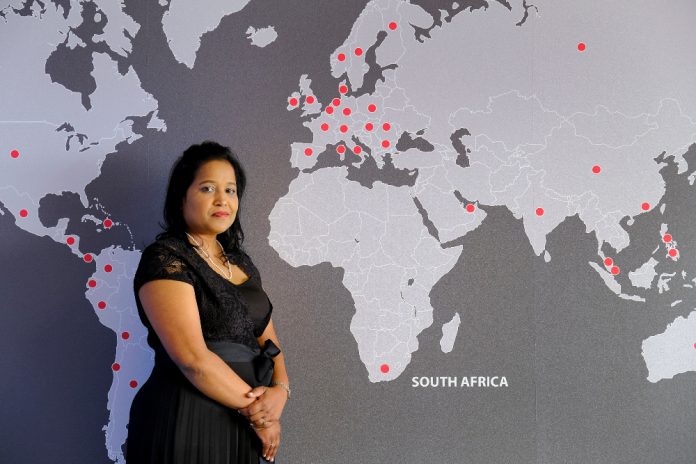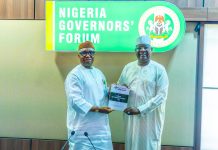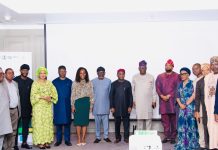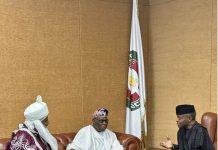For faster, more scalable ERP solutions, CIOs are turning to the cloud in greater numbers to help streamline performance across key areas of operations. Marilyn Moodley, Country Leader for South Africa and WECA (West, East, Central Africa) at SoftwareONE, says the industry can expect another big shift to the cloud on the back of SAP customers moving their existing ECC to the cloud and then converting to S/4HANA. Aside from the SAP ECC support deadline in 2027, Moodley says it’s an exciting moment for the industry as businesses are taking full advantage of the time and money saving benefits of S/4HANA.
“Moving from an on-premise system, often with significant custom coding, to a cloud environment can be daunting which is why choosing the right cloud partner for the journey is vitally important. There are so many advantages to running an organisation’s ERP system in the cloud. Businesses can no longer adopt a wait-and-see approach as the time to start your ERP migration to cloud is now,” she says.
Moodley notes the most compelling benefits of moving ERP to the cloud:
Costs: Your business can shift from a CAPEX to an OPEX model, scaling your infrastructure up or down based on peaks and troughs in demand, so you only pay for what you use, when you use it.
Agility and efficiency: SAP in the cloud will provide you with scalability and access to the latest technologies to help you capitalise on emerging opportunities as they happen. On-premises infrastructure does not benefit from the level of automation and economies of scale available in the public cloud, adding more manual tasks to your workday and building up complexity you must deal with to keep your business running.
Resilience: Hyperscalers provide flexible and cost-effective options to ensure high availability with stringent SLAs and fail-safe disaster recovery so that your business can keep running, no matter what happens.
Innovation: The cloud also makes it easier to adopt emerging cloud trends, like ‘composable architecture’, which involves the breakdown of monolithic architecture into a modular approach. For example, you could have SAP at the centre of your architecture supported by best-of-breed technologies as building blocks. This drives ability to respond to changing environments faster.
Sustainability: Cloud computing is a more sustainable approach than reinvesting in new physical hardware unless you’re able to invest the same levels of environmentally friendly power and cooling systems that are supplied by the big hyperscale cloud providers.








